A novice author asked me the other day if she should use a pseudonym for her writing. Now, I have never understood the concept of authors writing under pen names. Why begin a relationship with your readers by lying to them about who you are? Most would consider it ill-advised to begin any relationship built on a foundation of lies.
Your identity conveys credibility. That’s why newspapers eschew “anonymous sources”. I’m not suggesting authors disclose their lives to readers like an open book (I blogged the opposite) but using one’s own name to take credit or responsibility for one’s words seems basic to me.
Yes, I know why some have done so in the past. There was professional bias. Somehow, the corporate elite got it into their heads if an individual became well known within his profession in one role, he was stereotyped and the public would not accept him in any other role. If one was a singer, then one could not also be an actor. A dramatic actor could not do comedy. A comedic actor could not do drama. There were clearly defined lines that could not be crossed, lest it cause mass confusion in the minds of the public.
How many great performances were lost to this mindset? We may never know, but thankfully it has been chipped away at. Dramatic actor Leslie Nielsen did a career U-turn with his deadpan comedic performances in “Police Squad” and the “Airplane” movies. Funnyman Jerry Lewis turned in a riveting dramatic performance in one of the “Wiseguy” TV show arcs.
Yet there exists a professional bias in publishing. If one writes nonfiction, then one cannot also write fiction without confusing readers (who presumably cannot distinguish fiction from reality). Also, a nonfiction author might be embarrassed by, or lose credibility from, having written fiction. This happened recently when it was revealed that White House Vice Presidential Aide Scooter Libby had written a novel where girls were locked in cages to be raped by circus bears.
At age ten the madam put the child in a cage with a bear trained to couple with young girls so the girls would be frigid and not fall in love with their patrons. They fed her through the bars and aroused the bear with a stick when it seemed to lose interest.
The argument goes, in the case of the Libby book, for example, the public is too stupid to realize that a novel is a work of fiction (make-believe) and that by writing it, the author is not confessing self truths or writing nonfiction. Scooter Libby does not, and has never (to the best of my knowledge), locked a girl in a cage to be raped by a bear. His character did. In a work of fiction. Authors are not their characters. If I write about a character committing a vile act, the reader should not impute that act to me and assume I would commit those acts or hold those beliefs. Yet the mindset remains, if Libby wishes to write about bears raping children and not affect his credibility as an attorney, he should do so under an alias.
Another reason for using pen names is the whistle-blower situation, where the author wants to spill the beans about a matter of public concern but fears repercussions to his career were his identity to be revealed. The conundrum is by writing anonymously or under a false name, the author has undermined his own credibility in a scenario where credibility is essential. “Let me tell you the truth about this; I’ll begin by lying to you about who I am, and refusing to be accountable for my statements.”
Historically, women have written under pseudonyms because of the corporate elite’s recognition (or imposition) of societal norms that the public would not read books in certain genres if written by a woman. The solution was to list a male name as the author, as in the case of the Bronte sisters, or as Jane Austin did at first, write all of one’s works anonymously. Or a women could hide her gender through initials; hence, Nora Robert became J.D. Robb; Joanne Rowling became J.K. Rowling (allegedly because her publisher believed boys wouldn’t read books written by a woman – they got that right, huh?).
Finally, some choose pseudonyms to hide their writing from their bosses or friends, perhaps out of embarrassment of their chosen subject matter. A writer should not fear what others think of his work, else he shall never set pen to paper, overcome by the chilling effect of the opinion of others. Your friends know you and will remain your friends regardless of what you write, and if they don’t, then they weren’t true friends. So my advice to the novice author was, in the words of the bard, “to thine own self be true.” After all, who better for a writer to turn to, than Shakespeare?





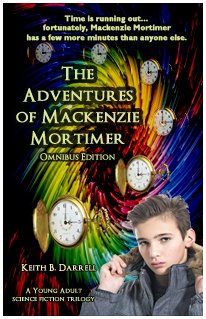
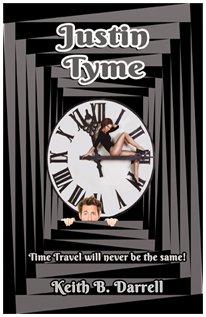
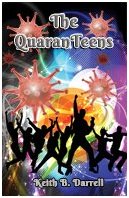
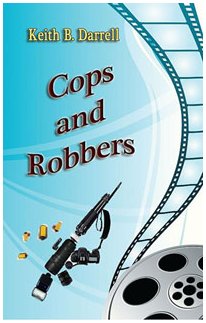
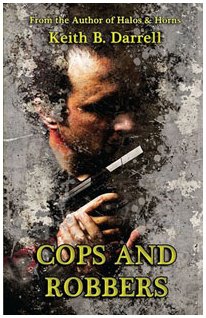

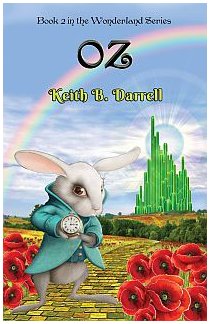
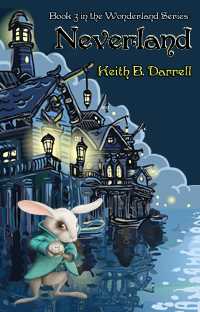
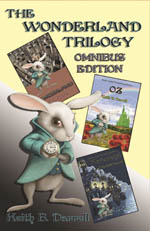
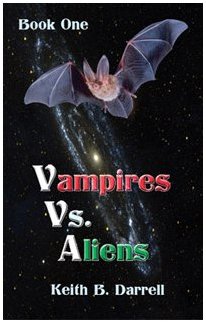
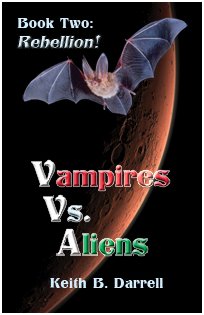
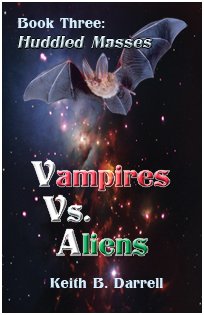

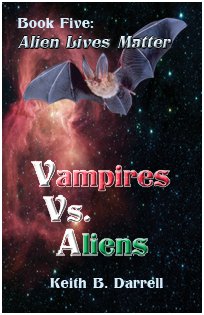



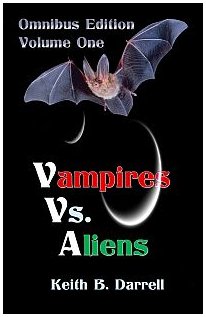
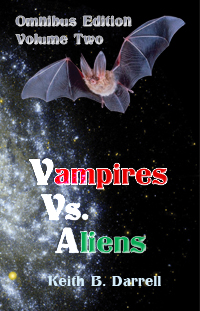

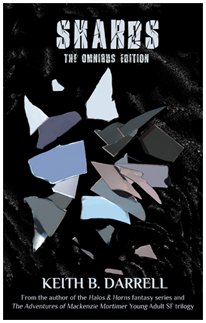
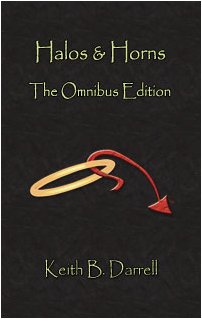
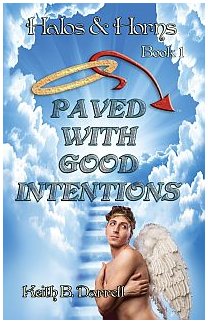
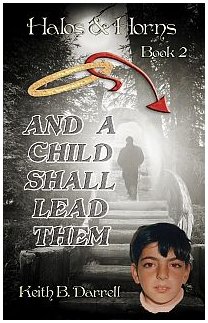
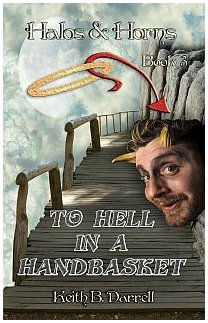
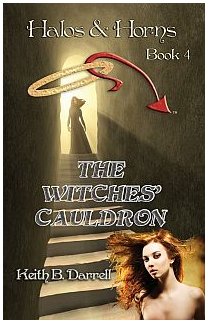

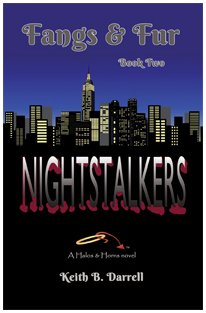
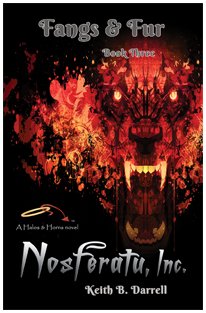


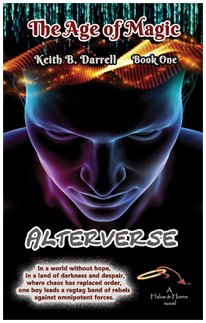
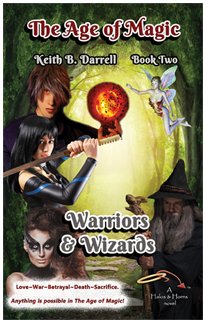
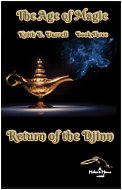

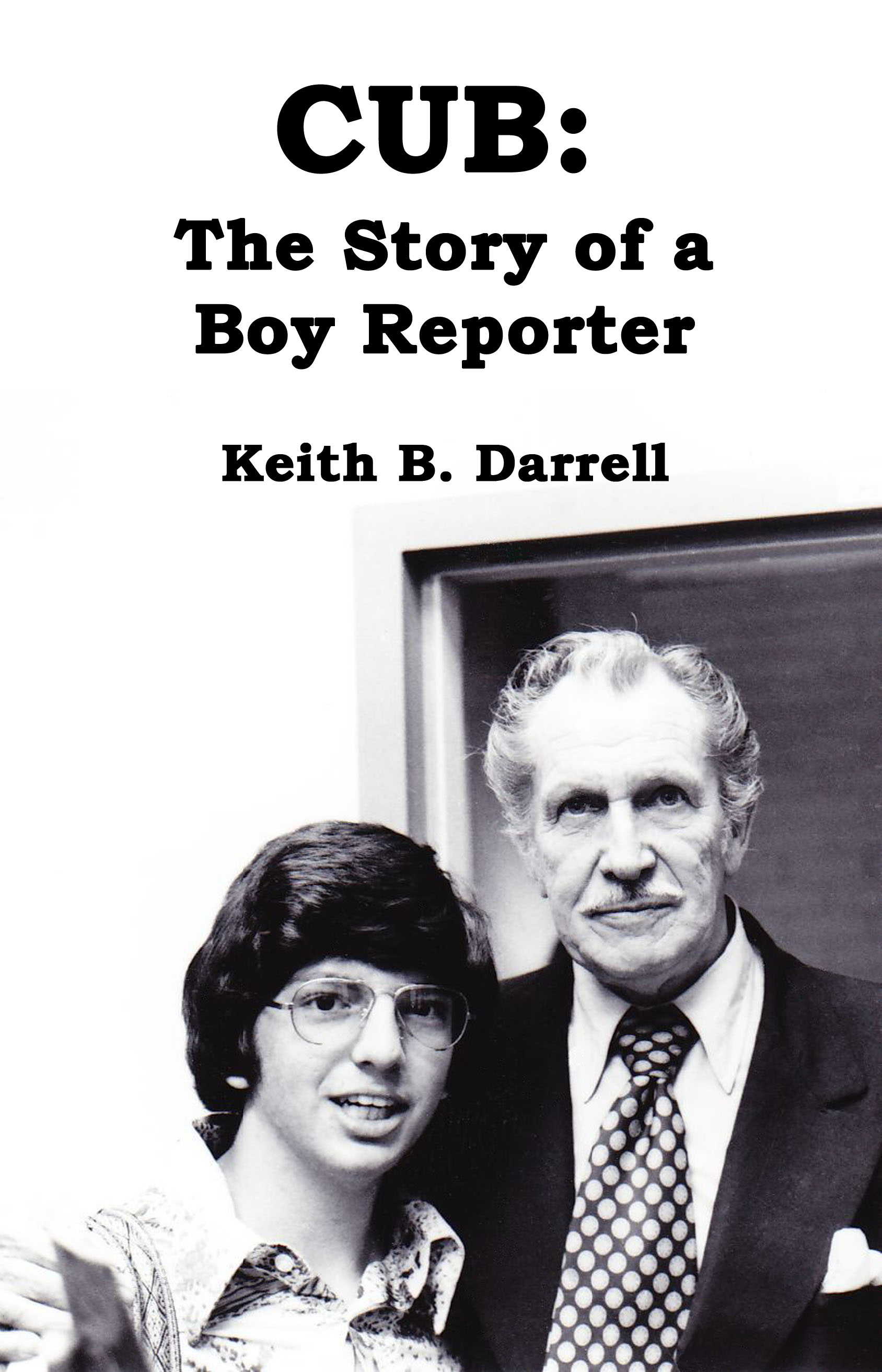
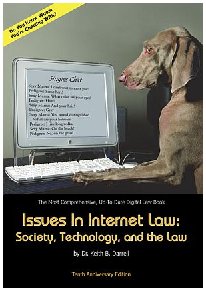
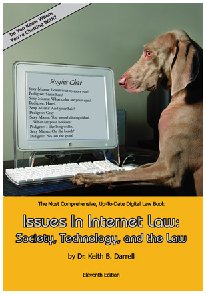
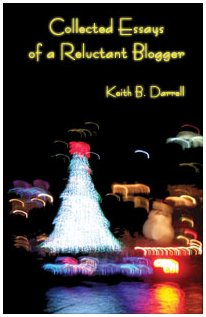

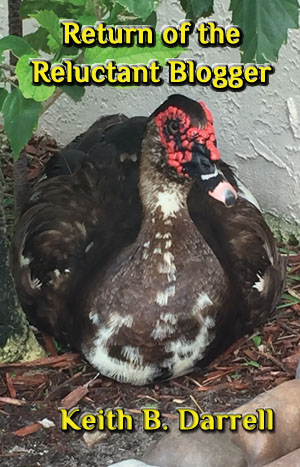
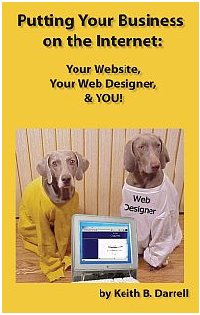
Great advice!
ReplyDeleteTechnically, the stories we writers tell aren't the truth either, so I don't see it as a big deal to use a pseudonym. In fact, I've found it very entertaining to discover when an author uses one. I don't see it as secretive, but rather an extention of their creative side.
ReplyDeleteGood luck in all your efforts and welcome to Blogger.
Interesting post. I've wondered about the name thing too. Some authors use only initials while others use full names. Who chooses? The author or the publisher?
ReplyDelete